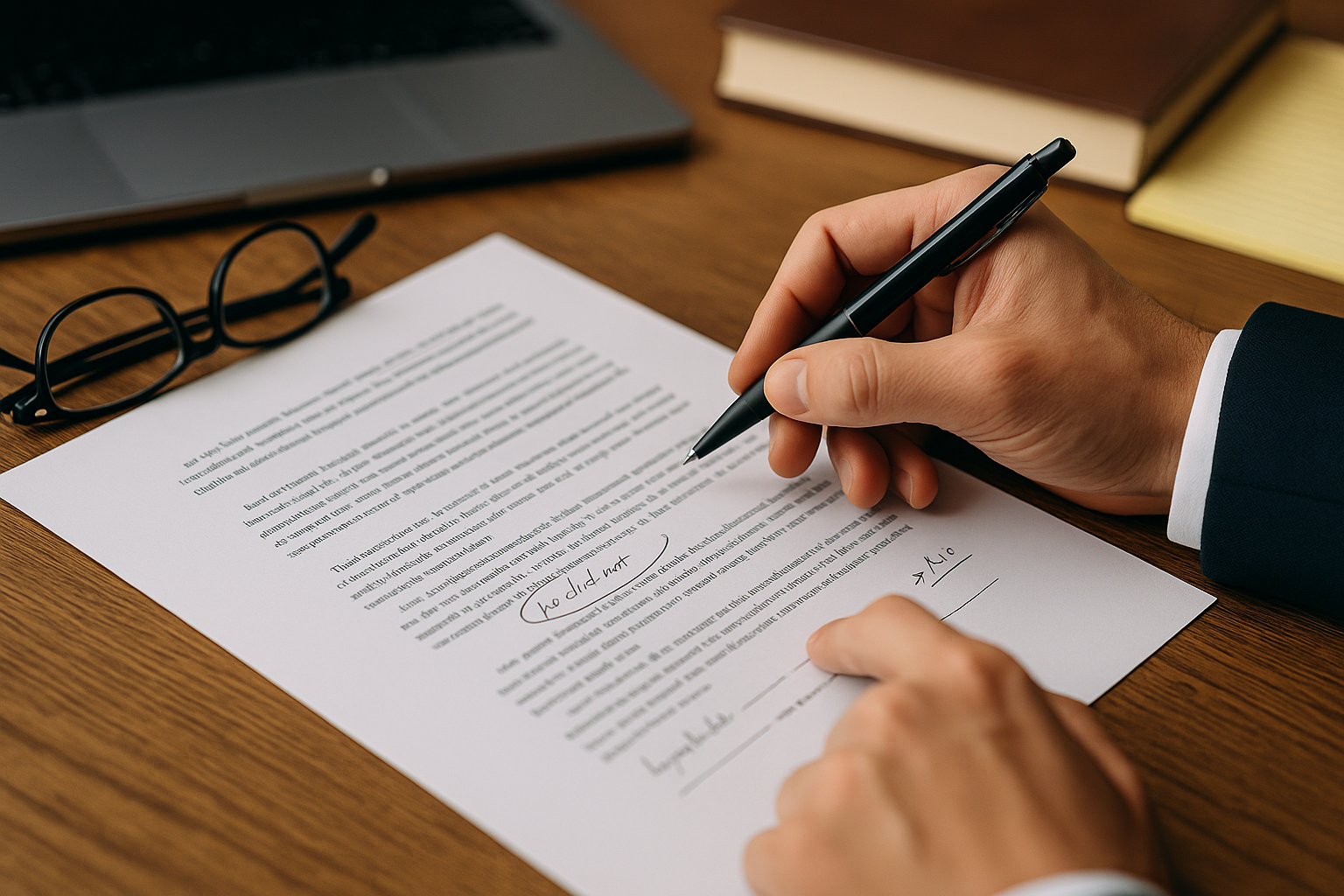In legal, corporate, and investigative settings, words are more than just communication, they’re evidence. Statement analysis is the practice of examining a person’s written or spoken words to assess truthfulness, uncover hidden meanings, and identify possible deception.
This method has gained traction with professionals who need clarity in high-stakes situations. Whether it’s an HR leader navigating a misconduct complaint, a CEO dealing with reputational risk, or a medical consultant evaluating patient narratives, statement analysis brings precision to the process.
Why Professionals Use Statement Analysis
When you’re faced with an incident report, a witness statement, or a complaint that doesn’t sit right, you need tools that go beyond gut instinct. Statement analysis provides a framework to assess language objectively.
It helps professionals:
- Identify linguistic markers that suggest deception
- Detect withheld information or evasion
- Spot shifts in language that reveal discomfort or distancing
- Reduce reliance on subjective impressions
The approach is systematic, evidence-based, and incredibly effective in environments where truth and trust are essential.
Meet the Pioneers: Peter Hyatt and Mark McClish
Two names consistently come up in conversations around statement analysis.
Peter Hyatt was well-known for his work analyzing high-profile criminal statements. His method blends forensic linguistics with deep psychological insight, and he often publishes case reviews that highlight his technique in action.
Mark McClish, a former U.S. Marshal, developed a method known as “Statement Validity Analysis.” His approach focuses on how people structure their statements when they’re being truthful — and how deviations from that structure can be revealing.
Both have authored books, taught seminars, and influenced how professionals apply these techniques in real-world settings.
Where Statement Analysis Applies
Statement analysis isn’t limited to police work or criminal investigations. It’s increasingly used across sectors:
- Internal investigations within companies
- HR-led interviews during sensitive employee disputes
- Legal proceedings and depositions
- Risk and compliance assessments
- Healthcare contexts where precise language is critical
- Professionals use it to gain a clearer understanding of intent, credibility, and context, especially when documentation is the primary form of evidence.
Training That Turns Theory into Practice
For those ready to apply statement analysis in their work, we offer a practical, self-paced course built around real-life scenarios. The training includes exercises, case studies, and tools that you can immediately use in your professional context.
The course draws on the principles developed by experts, but presents them in a way that’s accessible to non-academics. Whether you’re in legal, HR, healthcare, or investigative roles, this course will help sharpen your ability to hear what’s not being said — and spot what others miss.
Learn more about the training here.
Books, Blogs, and Continued Learning
If you’re exploring the field, Jack Fox covers key topics in statement analysis check out the “Never A Truer Word” link at the bottom of the page or go to Jack’s YouTube channel
Want to Know More? Contact Jack
If you’re considering training for yourself or your team, or just have questions about how statement analysis could apply in your field.
Contact Jack to find out how you can bring these skills into your organization.
